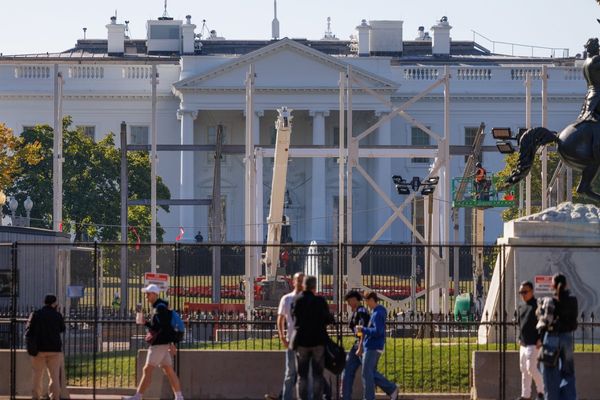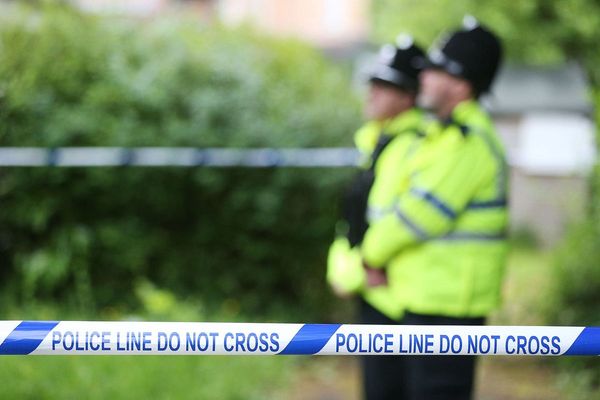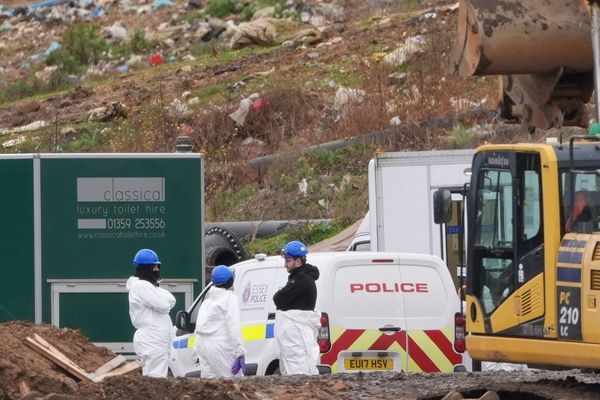
The returns on strong climate strategies eclipse many times over the supposed savings on inaction
Opinion: As I stepped into the shower the other day it struck me how much I take water for granted, and my heart reached out to the thousands far away on the East Coast, who have dramatically had that essential of life cut short.
Ridiculously, in some private gesture of solidarity with the victims of Cyclone Gabrielle, I now make myself take quicker showers, even though they offer no tangible help. But on reflection I wonder just how long this obvious, albeit rather trivial, lesson will stick, because there’s powerful evidence the answer is “not long”.
Someone who knows far more about this than most is Belinda Storey, senior fellow at the Climate Change Research Institute. Her pioneering research points to how quickly people forget, or gloss over, the realities of past disasters. Take property prices, for example. Storey’s salutary “Wet Feet Insurance Retreat” video reveals how the prices of badly inundated properties slump for a year or two, then, thanks to our innate “optimism bias”, climb rapidly back to “normal”.
Or, revealing a less admirable side of human nature, when an insurer refuses cover for a flood-prone property, the owners stay tight-lipped until they’ve sold it.
How do we embed lessons that help us protect ourselves from such harsh realities well into the future? Clearly we need an even bigger dose of caveat emptor when purchasing properties, and the likes of council flood maps have a critical place – but councils have received serious pushback from owners facing a potential loss of property value.
READ MORE:
* We deserve more than a climate house of cards
* NZ’s fatally flawed climate change strategy
Maybe we also need more visible evidence, such as markers and memorial plaques that can be regular reminders of just how high the raging waters came – and also, if we wish, as tributes to the suffering and heroism that came hand in hand with the floods.
Of course we only need to turn one corner to find another big lesson too: how not to manage forestry slash. We’ve all seen the images of devastation, of how much the slash amplified the flooding and resultant damage.
No surprises, then, that Prime Minister Chris Hipkins called for an inquiry into that, but there’s an ironic lesson in this reaction: why has it taken so long, and this disaster, to prompt such a response, when there have been so many examples before? The people of Tokomaru Bay know that only too well, and citizens of the Tasman region don’t need long memories to recall Cyclone Gita, in 2018, devastating orchards and infrastructure.
Okay, Hipkins is new to the PM role, but he was a senior cabinet minister when both of the above floods struck, making him part of an unfortunate feature of much climate strategy: too little too late. Which is doubly surprising when it is widely recognised that the returns on strong climate strategies eclipse many times over the supposed savings on inaction.
It’s also widely recognised that fully tackling the climate crisis would require just 2 percent of GDP, and doesn’t that seem a bargain, given the cost of Cyclone Gabrielle alone will almost certainly exceed 2 percent of New Zealand’s annual GDP.
So here’s an idea for you, Mr Hipkins: how about making Yuval Hararari’s compelling 10-minute TED talk “The Actual Cost of Preventing Climate Breakdown” compulsory viewing for every politician?
Harari, a celebrated historian, makes crucial points in simple language: “The price tag of preventing the apocalypse is in the low single digits of annual global GDP”; “We don’t need to completely derail the economy, or to abandon the achievements of modern civilisation, we just need to get our priorities right”; and, “It doesn’t require a miracle, it just requires determined organisation.” Go on, PM, play Harari in Parliament. Often. And then heed his message.
In the aftermath of Cyclone Gabrielle it's also no surprise that National leader Christopher Luxon entered the fray with calls for prosecutions because “Forestry companies need to be held to account.”
At one level that seems fair enough, but there are lessons under the hood of Luxon’s response too: why isn’t he also calling for petrochemical companies to be prosecuted and held to account for their massive and knowing role in causing the climate crisis? And, if National is truly concerned about holding parties to account, rather than just gaining media exposure, might we expect their election platform to include holding New Zealand Rugby to account for prostituting our national game by promoting big petrochemical firms on the All Blacks kit?
We’re the people driving the fossil-fuelled cars, buying the horrendously high-carbon houses, and celebrating the reopening of the skyways, so we also have a hand in the devastation that Cyclone Gabrielle wrought
Sadly, New Zealand Rugby isn’t alone as an agent of “sportswashing”. Its sponsor ENEOS is in the market to buy Manchester United, and there are many other examples around the world – including some in Australia that prompted former Wallabies captain David Pocock to call them out for “using the teams we love to advertise and buy social license”.
The government needed to be dragged kicking and screaming to stop tobacco sponsorship of sports, so what will it take to get them to ban the even more sinister fossil fuel industries? Or to get sobering warnings on every gas pump? Just like the cigarette companies before them, oilcos have long known of the severe problems they are causing, and yet have a massive legacy of misinformation in trying to deny it.
Harvard University recently released an exposé of Exxon Mobil. “What we found,” said lead author Geoffrey Supran, “is that between 1977 and 2003, excellent scientists within Exxon modelled and predicted global warming with, frankly, shocking skill and accuracy only for the company to then spend the next couple of decades denying that very climate science.”
Add in that the fossil fuel sector had more than 600 lobbyists at the UN’s COP27, and that COP28 will be hosted by the oil-centric United Arab Emirates, and it’s hard not to be very cynical about their influence on recommendations that will be handed down by the worlds’ biggest climate forum.
Clearly, we need our elected representatives to have their BS antennae set on high alert, and to stand even stronger and wider on climate policies. So why aren’t they?
To learn that lesson, we need to turn another corner and look in the mirror.
Tough policies on climate, even though addressing an existential threat, are almost invariably castigated as “too tough”, “too unfair” or “too expensive”. Even though those policies are in our deepest interests, it’s almost axiomatic that a government or council that develops strong enough policy will get voted out at the next election.
And it’s the people we see in the mirror that vote them out. Instead of pressuring government to allocate that 2 percent, and celebrating when they do, we rush to ringfence our indulgent lifestyles and cry foul. And that gives opposition parties plenty of ammunition to play us for suckers, and play to our infatuation with our short-term interests, in trying to swing our vote.
So it’s not only the politicians that need to harden up, but us too. We must find the courage to press for effective climate action and press for the “determined organisation” that Harari describes, both in local government and in Wellington. And when our elected members respond, we in turn must find the courage to stand with them, thank them for their resolve, and speak out against the knockers (for knockers there will be).
And there’s another ray of hope in all of this, and that is the opposition again talking of collaboration with Government on climate. Dare we hope that that team will come up with the political goods we so desperately need: strong climate policy with strong cross-party commitment? That has been the cornerstone of the UK’s leading approach to climate, and has had a toe in the door of ours too, with the ZCA, but we’re still a quantum leap from where we need to be.
And so, in this election year, we voters need to take off our short-term glasses and call loudly for true collaboration towards truly visionary policies, and call for the 2 percent and the determined organisation, even if they come with challenges. The alternative, of escalating repeats of Cyclone Gabrielle far into the future, is unthinkable.
But before we leave the mirror, let’s fix ourselves in the eye one more time and face up to another reality: we’re the people driving the fossil-fuelled cars, buying the horrendously high-carbon houses, and celebrating the reopening of the skyways, so we also have a hand in the devastation that Cyclone Gabrielle wrought. We could do worse than let that thought sneak through our mental defences and into our hearts, and start adopting visionary climate policies in our own lives.
Address forestry slash? Sure. But recognise that’s just the tip of the iceberg.
Kia kaha for the victims of Gabrielle, kia kaha for future generations, kia kaha for the climate.







